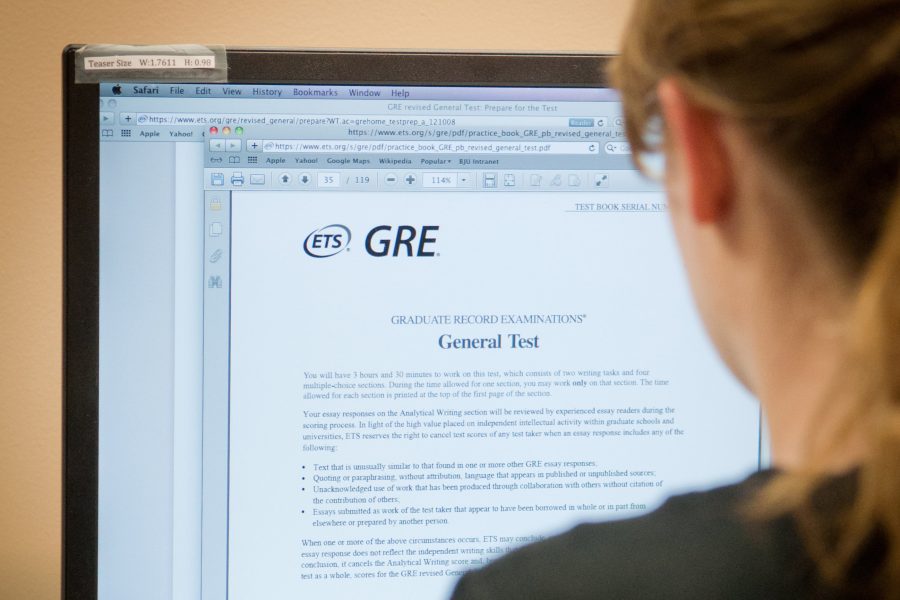Most students, especially battle-worn upperclassmen, probably don’t want to think about spending another one or two—maybe even three or four—years in a classroom after graduation.
But if you have the motivation to improve and expand your career and ministry opportunities by attending graduate school, you can do yourself a favor by starting to plan as early as possible.
When should you start seriously considering whether or not to continue your education? Dr. Steve Buckley of Career Services says students should start thinking about grad school by their junior year.
The sooner you know whether or not you want to study beyond a bachelor’s degree, the better you can tailor your undergraduate work to prepare for future studies.
For example, you might want to take a legal history class if you’re contemplating law school or take an introduction to education class to test if you want to teach after getting an advanced degree.
Once you know what you want to do, it’s time to start researching different graduate schools, programs, standardized testing (such as the GRE, LSAT and MCAT) and application materials.
Dr. Buckley recommends asking professors and upperclassmen what they have found in their experiences. He said division chairs often have a good deal of information about graduate programs.
Senior piano performance major Andrew Harry has been planning to pursue a master’s degree and then a doctorate in piano performance since before he enrolled as a freshman.
Knowing what his goals are has been helpful for Harry, especially since he has to compile a repertoire of the pieces he has learned. He is now practicing for his preliminary recorded audition as the key part of his applications to several graduate schools.
The application process itself demands a lot of time to be done well, according to senior health, fitness and recreation major Ryan Fisher.
He took the GRE recently and recommends taking plenty of time to prepare for it. He also said that application essays, often called “purpose statements,” can be used to set yourself apart from competing applicants.
“If you can show in your application that you’re passionate about your field, [graduate schools] will be impressed,” he said.
Both Fisher and Mr. Josh Privett recommend looking into applying for a graduate assistantship. Mr. Privett, a faculty GA in the English department, graduated from BJU with a B.A. in English.
Mr. Privett said the process of becoming a GA is very simple. He applied at the Records Office in September of his senior year to enter the graduate program in English and later applied for a GA-ship at the BJU job fair, which will be held again this year on Nov. 14.
Fisher points out that becoming a GA can allow you to afford schooling because grad schools often cover both a GA’s tuition and pay a stipend.
“A GA-ship really gives you the opportunities to focus on your studies and yourself,” Mr. Privett said. “It’s pushed me out of my comfort zone every day. I’ve learned a lot.”
Ashley King, a senior voice performance major, also hopes to study further while working as a GA. “One thing I love doing is teaching others and investing in them what I’ve learned,” she said.
But King is taking a slightly different route than a master’s program. While taking Italian language classes during her time at an opera workshop in Italy last summer, she decided she wants to eventually teach language and voice lessons. She hopes to pursue a second bachelor’s degree in Italian instead of a more specialized graduate degree.
Applying for graduate studies requires careful planning and preparation. But it can be less stressful if you take plenty of time, ask a lot of questions and do your homework.
“You really have to enjoy what you’re going into,” Fisher said. “And you just have to be willing to put in the work.”





















































